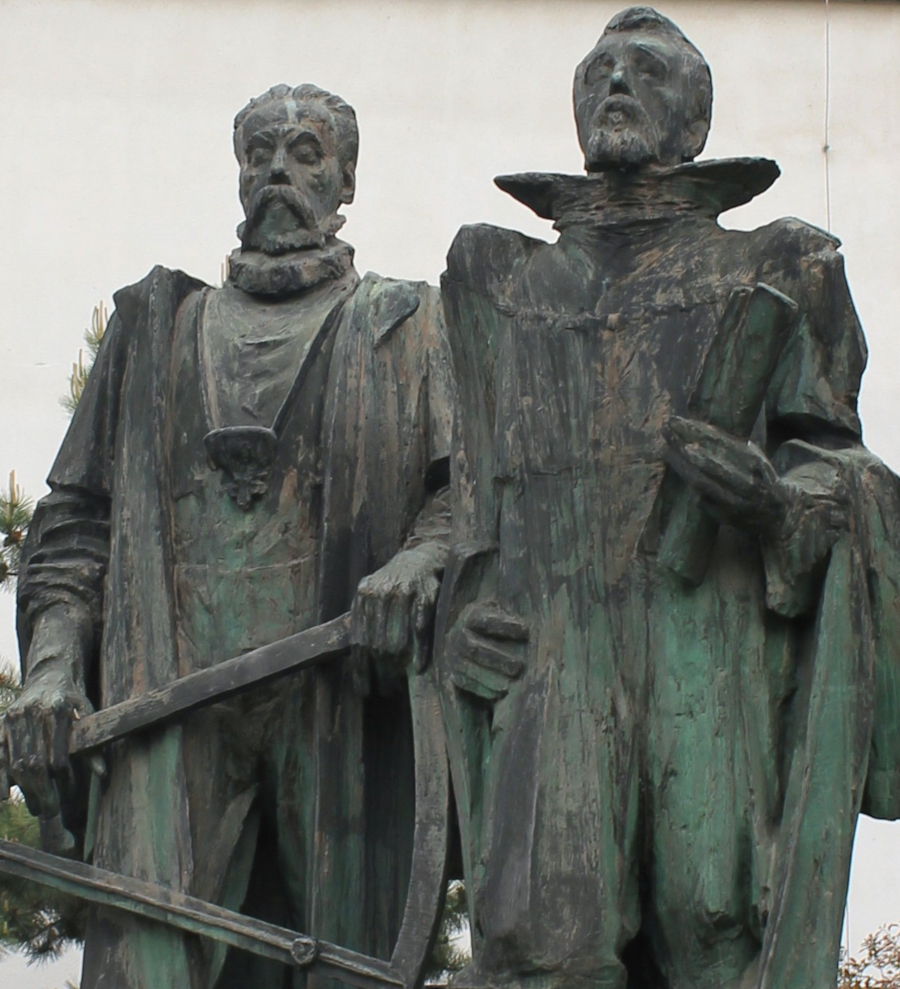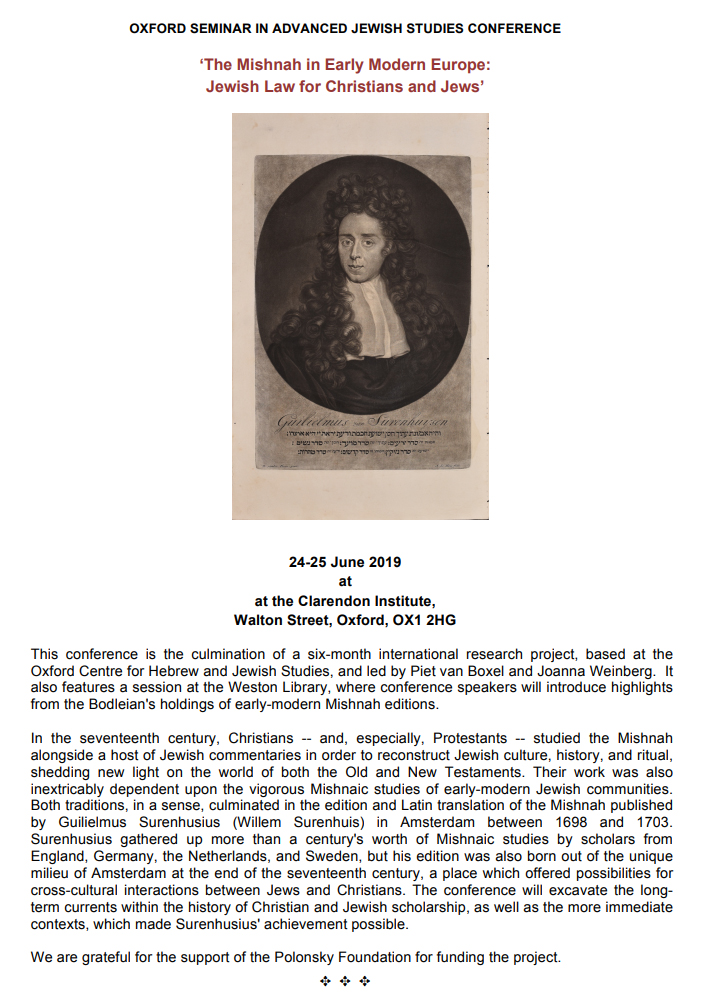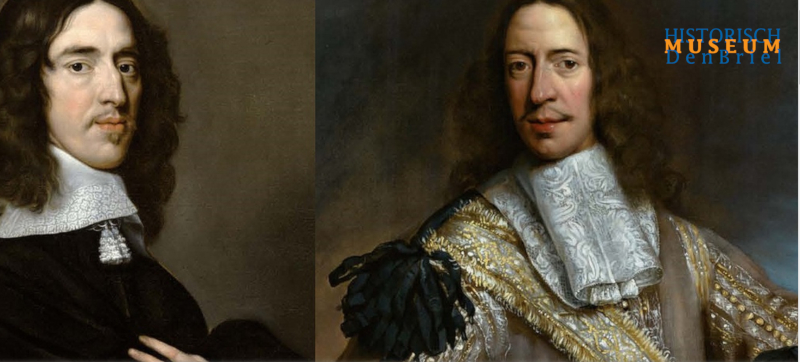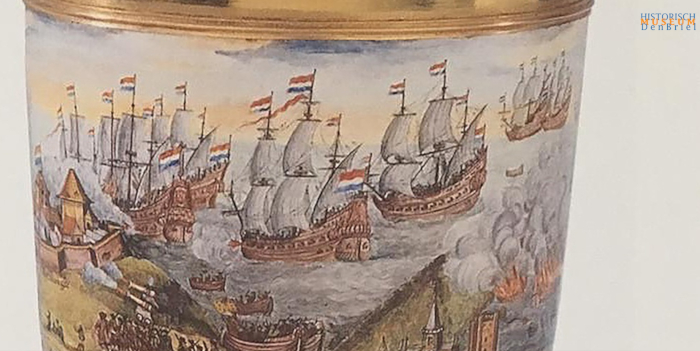As we focus here in Oxford on work with the ARHC-funded Networking Archives project, it may seem as if the pace of the publication of catalogues in EMLO has slowed in recent months. Behind the scenes, however, the collation of epistolary metadata—both for fresh catalogues and for collaborative expansion of those in which basic metadata are already in place—continues unabated. At present we are working with colleagues at the Royal Society Library to publish in EMLO a listing of the Society’s incomparable Early Letters collection; we have in preparation correspondence calendars for a number of key early Fellows of the Royal Society, including Edmond Halley, John Locke, and Isaac Newton; we are collating metadata for the correspondences of certain peripheral figures within the circle of Samuel Hartlib; and we are working as proactively as ever with a wide range of partner scholars and projects.
The preparation of catalogues is not always as straightforward a task as those who have not tried their hand at it might think. It takes time to set out metadata for the letters and their associated people, places, repositories, shelfmarks, and bibliographic details in a format from which upload is possible. It takes time too to prepare records for the authors and recipients involved (and frequently the people mentioned), as well as for the places of origin and destination, identifying and attaching correctly those that exist in EMLO to the relevant letter and creating new people and place records for those entering the union catalogue for the first time. If a contributor is to conduct analysis on his or her data, and if the calendar is to be of use as a finding aid to researchers, this preparatory work cannot be rushed. Accuracy is key. The attachment of the wrong ‘John Smith’ as a letter’s author, or the wrong ‘Boston’ as a letter’s destination, for example, can create untold complications and confusion.
In this phase of the union catalogue’s development, we are delighted once again to be working with students, librarians, and scholars who volunteer to help, and we will be adding soon to the team page biographies for members of this flourishing and committed community. In addition, we shall be releasing a listing of early modern correspondences for which we are interested in compiling calendars and with which would welcome offers of help. While this list will include a number of correspondences already collected in modern editions, it will set out also a selection of ‘starter catalogues’ concerning early modern individuals for whom we have recorded already within EMLO a significant portion (but by no means the entirety) of his or her known correspondence, and on which further research and archival work is required. Some of these ‘starter catalogues’ might form the basis for a student research topic, and those in search of a ‘subject’ will be more than welcome to be in touch to discuss involvement. I shall write in detail about this scheme in a future post. In the meantime, should anyone find the prospect of working with letters appealing and be reading this blog as a potential volunteer, I’d like to suggest considering the catalogue of the correspondence of Johannes Kepler as an apposite example of how the contributions of scholars and students may be layered and brought together into a greater whole.
This past week has seen the release in EMLO of metadata based on the letters published in volume XVII of Max Caspar’s monumental edition of Kepler. Gesammelte Werke. The story of EMLO’s Kepler catalogue runs thus: whilst researching his Cambridge University Press monograph, Bearing the Heavens. Tycho Brahe and the Astronomical Community of the Late Sixteenth Century, Professor Adam Mosley assembled a significant quantity of metadata on astronomical correspondence from the later decades of the sixteenth and early years of the seventeenth centuries, including the basic metadata for the correspondence of Kepler. These metadata were, with the blessing of Professor Mosley, handed via EMLO to Dr Francesco Barreca of the Museo Galileo, Institute and Museum for the History of Science, Florence, for significant expansion. In particular, Dr Barreca focussed on the creation of abstracts, the addition of keywords, and links were inserted from each letter record to the Kommission zur Herausgabe der Werke von Johannes Kepler where, if users click on the relevant volume, a fully searchable PDF of the letter texts is available for download. Dr Barreca has identified also which letter was sent in reply to which, and this data (which cannot yet be set in place automatically in the union catalogue) will be added manually in the coming weeks by members of the wonderful EMLO volunteer team, who will be contributing thereby to this collaborative venture. When the work is complete, should scholars wish to make use of the data, I suggest they read one of Dr Barreca’s abstracts (that for the letter from Kepler to Wilhelm Schickard of 11 March 1618), bear in mind what it says, and write to us at EMLO!
And should anyone following this blog this wish to volunteer to work with EMLO, a universe of letters awaits …

Tycho Brahe and Johannes Keper, Hradčany, Prague. (Source of image: Wikimedia Commons)






